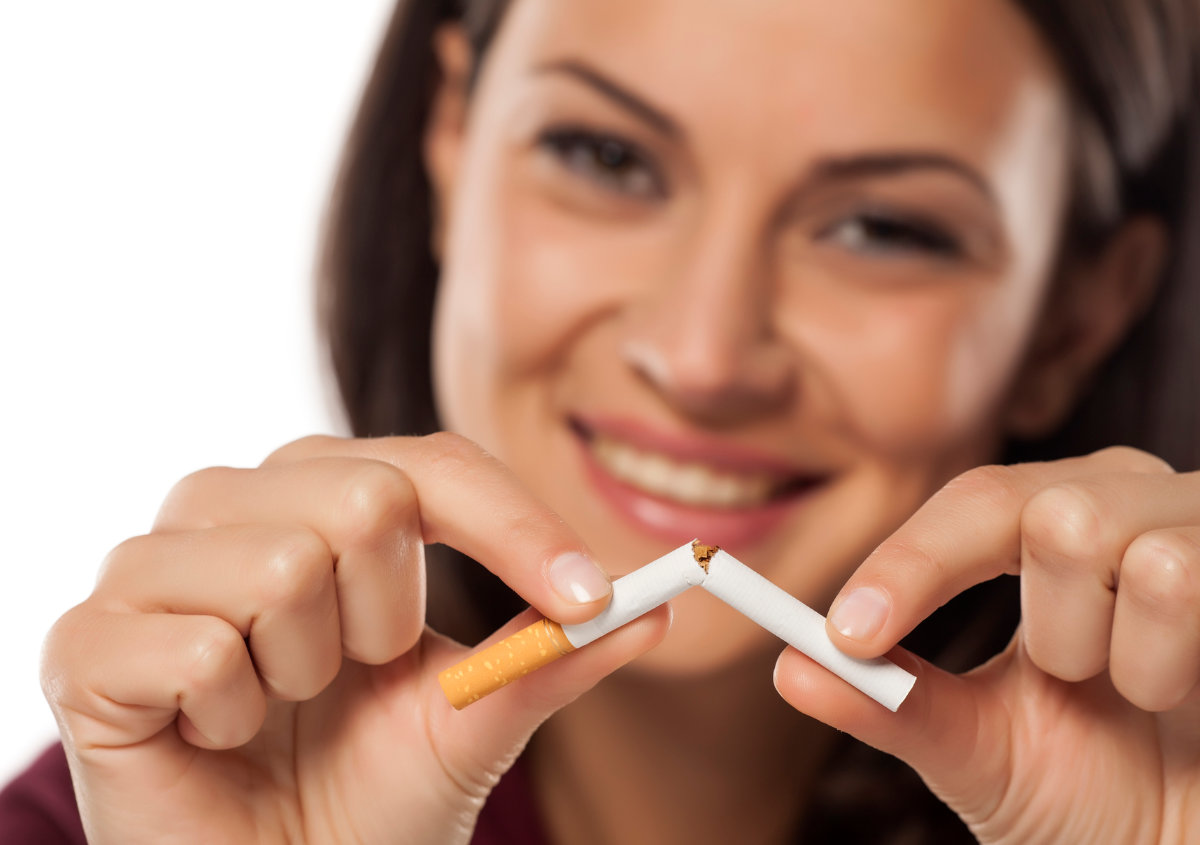
01
Jan
Tobacco

Dentistry health care that works: tobacco
The American Dental Association has long been a leader in the battle against tobacco-related disease, working to educate the public about the dangers inherent in tobacco use and encouraging dentists to help their patients break the cycle of addiction. The Association has continually strengthened and updated its tobacco policies as new scientific information has become available.
Frequently asked questions: tobacco products
What effects can smoking have on my oral health? Are cigars a safe alternative to cigarettes? Are smokeless tobacco products safe? The American Dental Association has some alarming news that you should know.
Request an Appointment
Smoking and Implants
Recent studies have shown that there is a direct link between oral tissue and bones loss and smoking.
Tooth loss and edentulism are more common in smokers than in non-smokers. In addition, people who smoke are more likely to develop severe periodontal disease.
The formation of deep mucosal pockets with inflammation of the peri-implant mucosa around dental implants is called peri-implantitis. Smokers treated with dental implants have a greater risk of developing peri-implantitis. This condition can lead to increased resorption of peri-implant bone. If left untreated, peri-implantitis can lead to implant failure. In a recent international study, smokers showed a higher score in bleeding index with greater peri-implant pocket depth and radiographically discernible bone resorption around the implant, particularly in the maxilla.
Many studies have shown that smoking can lead to higher rates of dental implant failure. In general, smoking cessation usually leads to improved periodontal health and a patient’s chance for successful implant acceptance.
Tobacco FAQs
It comes as no surprise that tobacco use can wreak havoc on your oral health. But how exactly does tobacco affect your smile? What can you do to kick the bad habit of tobacco use? Learn more below from Dr. Douglas Hoppe and the team about how tobacco affects your teeth, gums, and overall oral health.
Smoking isn’t just bad for your body—it also affects your teeth and gums. Smoking takes a toll on your immune system, weakening it over time. That’s why smokers are prone to gum disease. Additionally, smoking increases the risk of plaque buildup, causing bad breath and tooth decay.
What’s more, smoking contains tar and nicotine that change your enamel color gradually from white to yellow or gray. However, the most alarming effect is that smoking increases the risk of mouth and throat cancer. To put this in perspective, smokers are six times more likely to develop oral cancers than non-smokers!
When we say smoking is bad for your oral health, we aren’t just blowing smoke—tobacco use is dangerous to your smile. Here are some sobering facts about smoking that will make you think twice about this bad habit.
• Tobacco doubles the risk of gum disease
• About 90% of cancers likely to develop in the lips, mouth, tongue, and throat are linked to tobacco use
• Smoking reduces your healing rate
Tobacco comes in many types, including traditional cigarettes, vapes, pipes, and snuff (chewing or smokeless tobacco). Research shows that pipes and cigars are as harmful as conventional cigarettes. Don’t also be fooled by vapes and smokeless tobacco. They have the same ingredients that cause gum disease and oral cancers. When it comes to tobacco and oral health, there is no sweet spot. Quitting the bad habit altogether is the best choice.
Your implant dentist will advise you to quit smoking, at least until your implant site heals. Why is this? It’s not for the sake of it! Smoking impairs the body’s ability to heal, and this includes the healing process after dental implant surgery. Nicotine and other detrimental compounds found in tobacco can narrow blood vessels, leading to diminished blood flow to the surgical site. Reduced blood flow can lead to delayed healing and increased risk of complications.
Quitting tobacco use is no small feat, but with resilience, you can do it. Many patients who were once in your position now take pride in being tobacco-free for years or even decades.
Here are a few tips to help you resist tobacco use.
• Try nicotine replacement therapy
• Avoid triggers, such as parties, bars, etc.
• Delay your urge to smoke with distraction tactics
• Exercise to calm cravings
• Try relaxation techniques to edge off the stress of fighting off the urge to smoke
• Seek support from a close friend or relative
• Seek help from a professional doctor
• Keep reminding yourself of the benefits of quitting tobacco—better health and saving money
Remember that doing something about the urge is better than doing nothing. Also, each time you resist a tobacco craving, you are one step closer to a tobacco-free life. Don’t give up!
Want to learn more about smoking and your oral health? Call (517) 667-7066 to talk to the team at Douglas Hoppe DDS of Eaton Rapids, Michigan.
Share this Article
What Our
Patients Say
We always want to assure that our patients receive great care and have good experience when they come to see us.


